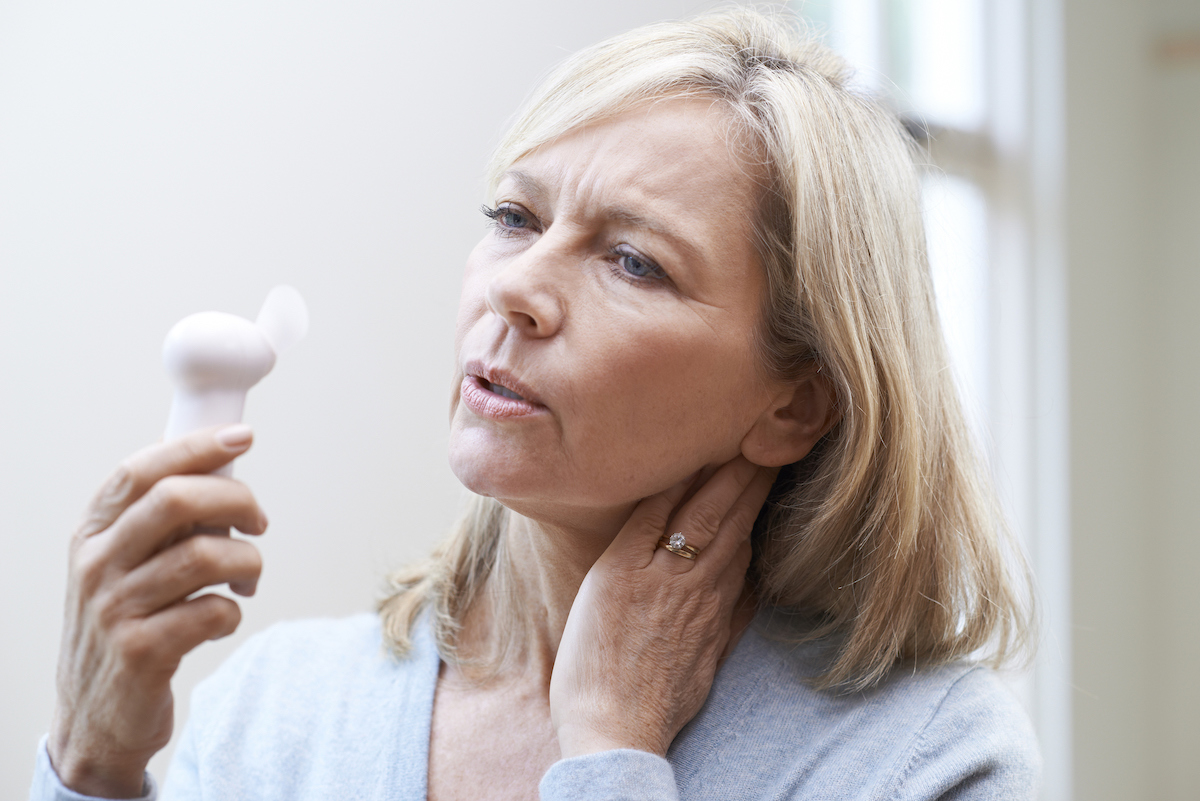Sleeping Problems
Waking up during the night or having trouble falling asleep can have several causes, but if you never had trouble falling asleep before, this can be a sign that menopause is approaching. Sometimes sleep problems are caused by other symptoms of menopause, such as night sweats. If sleeping problems persist for a while without you knowing exactly why it might be time to discuss this with your doctor.

Mood Swings
Many things affect your mood, including the hormonal changes that occur that are related to menopause. If you have had anxiety disorders or depression in the past, these symptoms can get worse during menopause. Whatever the reason, you deserve to feel good. If you’ve been feeling a little down for more than a few weeks, talk to your doctor about it. Together you can decide on a treatment that will make you feel better.
Forgetful
Both men and women can suffer slight amnesia during middle age: not being able to find the right word or losing the car keys. Usually, this isn’t a big problem. Forgetfulness can be caused not only by menopause but also by stress. If you’re worried because you’re forgetting too much, don’t hesitate to visit your doctor!
Bladder Difficulties
Bladder problems are one of the other symptoms women can experience during menopause. Some women suffer from bladder infections on a regular basis, but the majority have difficulty controlling their bladder. You may find it difficult to hold your urine long enough to reach the toilet in time, this is also called incontinence. You may feel a sudden urge to urinate, or there may be leakage of urine while exercising, sneezing, and/or laughing.
Loss of Bone Density
During menopause, women may experience a loss of bone density due to declining estrogen levels. Estrogen helps to keep bones strong, so when levels of this hormone decrease, bones may become weaker and more prone to fractures. This loss of bone density is a natural part of the aging process, but it can be accelerated by certain factors such as a lack of physical activity and a diet low in calcium. Osteoporosis, a condition characterized by weak and brittle bones, is a risk for women who experience significant bone loss during menopause. It is important for women to take steps to maintain their bone health, such as exercising regularly, and getting enough calcium and vitamin D. Continue reading for more symptoms…

